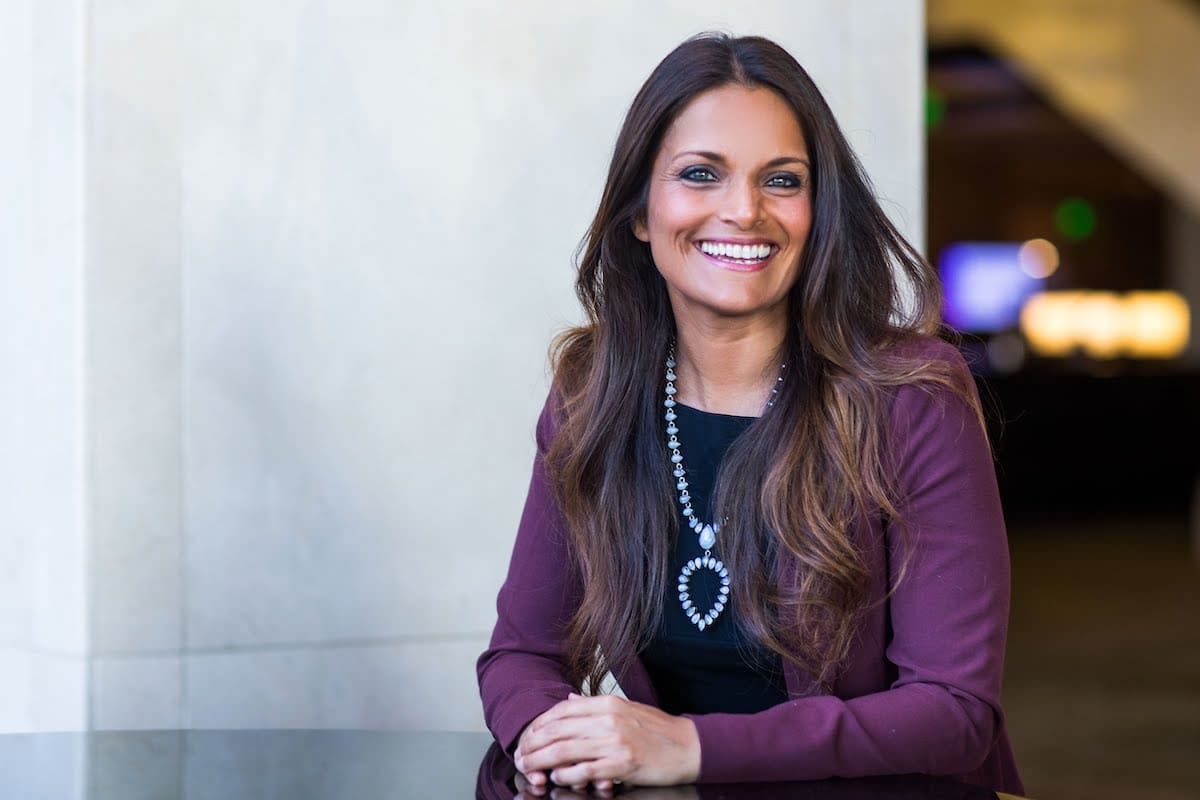Recently, I started seeing a new therapist.
My previous therapist, Christine, moved to Alabama, and I was itching to find a local therapist and return to in-person sessions.
While I love the convenience of virtual therapy, I also love the chance to get out of my house for a bit and see my therapist face-to-face.
Plus, it feels like a more private place to talk shit about my husband (kidding, not kidding).
People often ask me for advice on finding a good therapist - and I gotta admit, I don’t really have any groundbreaking tips to share.
I still find a therapist the same way I did 20 years ago - by going to Psychology Today, reading a ton of profiles, and booking a phone consultation with a few I feel drawn to.
This worked well for me again. I quickly found a great therapist, named Bridget.
During my first session, I shared some of my goals for therapy and Bridget recommended a book called Radical Awakening.
Have you heard of it?
It’s written by well-known psychologist, Dr. Shefali Tsabury, who is one of the figureheads of the conscious parenting method.
I started reading Radical Awakening over the holidays - and holy hell- it’s intense.
I gotta warn you - it’s not for the faint of heart.
The intended audience for the book is women who are beginning to question the societal expectations that are placed on them and who want to rediscover their most authentic selves.
As a woman in my 40s, Dr. Tsabury words mirror exactly what I’ve been seeking - a desire to break free from the opinions of others and to develop a deep alignment with my own inner knowing.
One line from the book that I can’t stop thinking about is this one:
“We don’t live a life, we live a pattern.
We are hungry for two foods: love and worth.”
Dr. Tsabury states that focusing on other people as the source of our stress or pain is never the answer. She says the more we blame others for creating our situation, the more we abdicate our own power.
Instead, she urges us to focus on our own inner void, and to examine the patterns in our life that keep unhealthy dynamics alive.
She says, “We are waiting for ourselves. We are both the problem and the solution.”
Later in the book, Dr. Tsabury provides insight on the various personas we wear in order to cope with emotional pain.
The persona that resonated with me is called: The savior.
Somewhat unsurprisingly, Dr. Tsabury says most therapists struggle with the savior persona.
The savior fills an inner void by seeking to ease the suffering of others.
She says, “Those of us who are saviors deflect the loss of our authentic self by focusing on others. This allows us to maintain a persona of goodness, even superiority. The savior feels a sense of competence by rushing to another’s rescue. The fixing gives her focus and redirection.”
Ooooff.
I hate to admit it - but it resonated.
I could think back to countless times when I played the role of fixer or confidant in my family-of-origin. Times where I took it upon myself to solve or lessen the pain of others in whatever way I could - by people pleasing, caretaking, avoiding conflict, or ignoring boundaries.
My intent was pure - I wanted to ease the suffering of others.
However, what I’m learning from Dr. Tsabury is that centering the pain of others is often a sneaky way of avoiding our own pain.
She says, “The antidote of the savior is to learn to tolerate suffering, starting with our own. The only way out of this pattern is to realize there is no one on the outside to save or fix. The only person we can do this for is ourselves.”
She goes on to say, “When the savior realizes the pain of others is necessary and even vital for them to awaken to their own true self, she is able to turn to her own pain and the many ways she has avoided the discomfort it brings.”
Uhh - mind officially blown.
I’m not sure if this hits home with any of you today - but, for me, it unearthed an uncomfortable truth that is hard to ignore - which is that pain is necessary.
The pain and discomfort my loved ones, clients, and friends experience are a necessary part of their own growth. Swooping in to save them from it robs them of the opportunity to go inward and care for themselves.
Further, when I release the responsibility to solve the problems of others, I am forced to sit with and care for my own pain. Ironically, this is the very thing that helps me unlock the inner knowing I’ve been looking for.
Gah - it’s hard and exhausting work - but it’s also beautiful, illuminating, and necessary.
I’m curious, how does this land with you today?
Whether you are a therapist, a parent, or an empathic friend, I suspect many of us can relate to the temptation to put on this savior persona, while also avoiding our own pain.
If this brings up any thoughts or reflections you’d like to share with me - I’d love to hear it. Feel free to email, or drop a comment below.
Warmly,
Rachel
Rachel McCrickard, LMFT
CEO/Co-Founder, Motivo
rachel@motivohealth.com





I will have to check this book out, thank you! Therapy Den is also a great place to find a therapist!
Hi Rachel! I’m excited about reading your Monday emails here on Substack! I am immediately hitting “buy” on this one. It sounds wonderful and scary ha!